So lured was
April Maxwell by the promise of the black college
experience, with its distinct traditions and tight-knit
campus life, that she enrolled at Hampton University
in Hampton, Va., in 2001 without even visiting
the waterfront campus. A lesbian who is open about her
sexual orientation, she arrived eager to join the extended
Hampton family.
Instead, ''I felt
like I was the only gay person on campus--it seemed
like nobody was really out,'' said the now 24-year-old
Maxwell.
She channeled her
isolation into organizing a gay support group, but a
panel of students and faculty denied it a charter. The panel
recently denied a second attempt at chartering
Students Promoting Equal Action and Knowledge, or
SPEAK, headed by underclassmen after Maxwell graduated.
It's a tug-of-war
that's emerging at other black schools, where students
say outdated rules and homophobia block them from forming
the gay campus voice common at majority-white
institutions.
At Hampton, where
rules govern everything from overnight guests to
student dress, officials insist they don't discriminate
against gays. They say they're simply enforcing the
regulations on student groups, and there just isn't
space for another one.
But some students
here see more than a conservative approach to the
regulations. They and many others at the nation's more than
100 historically black colleges and universities say
that a broader suspicion of homosexuality keeps gays
in the shadows at these tradition-heavy schools.
''You've got to
recognize the history of black colleges and
universities,'' said Larry Curtis, vice president for
student affairs at Norfolk State University, where
students recently formed a gay-straight alliance.
''Most of them were founded by religious organizations.''
Church leaders
are often cited as setting the tone regarding
homosexuality among blacks. Nationwide, black pastors have
opposed same-sex marriage and shot down comparisons
between the struggles for black civil rights and gay
rights; others have attacked ''down low'' bisexual men
as contributing to the rising AIDS rates among black women,
though the topic is a matter of debate in the public-health
community.
On historically
black campuses those tensions make life uncomfortable for
gay students. ''It's kind of hard to be out on campus and
still be successful,'' said Vincent Allen Jr., head of
Safe Space at Atlanta's Morehouse College. ''As an out
gay man, if I wanted to pledge, that door is pretty
much shut to me. That's just the way it is.''
But just as gay
students can rightfully request campus inclusion, so too
can black college administrators deny it, argued the
Reverend William Owens, a graduate of a black college
and head of the Coalition of African-American Pastors
in Memphis, Tenn.
Those
administrators may cite the Bible or simply personal
beliefs--and they don't have to be politically
correct, Owens said. ''They can say no, and I don't
think they have to give a lot of reasons,'' said Owens, who
joined other black pastors worried that, along with dismal
marriage rates, socially accepted homosexuality ''is a
threat to the black family.''
In 2002 the issue
of gays on black campuses grabbed the attention of the
Human Rights Campaign, a gay advocacy group that organizes
annual National Coming Out Day. ''We would send out
information to all the colleges and universities about
getting National Coming Out Day packets, and for some
reason the only institutions they were not hearing back from
at all were the historically black colleges,'' said the
group's diversity manager, Brandon Braud, who began
calling campuses.
He learned of gay
groups at two historically black schools: Howard
University in Washington, D.C., and Spelman College in
Atlanta. Administrators elsewhere denied having gay
students or said that while gays attended, ''they're
very underground,'' Braud said.
He later spoke to
students alleging outright hostility. Some were
required to find an adviser to form gay
groups--unrealistic on many small campuses,
Nashville AIDS educator Dwayne Jenkins said. Through his
Brothers United Network, Jenkins mentored upstart groups at
Tennessee State and Fisk universities.
''Finding an
adviser was always hard because nobody wanted to be
associated with the gay-straight alliance--it was the
thinking that Oh, my God, are they going to think
I'm gay?'' he said.
Formed mostly
across the segregation-era South, historically black
colleges emerged as academic training grounds and finishing
schools for blacks entering white society. The most
esteemed schools earned a reputation for students with
impeccable manners and clean-cut behavior.
''So much of our
campus is focused on this ideal of 'the Hampton man' and
'the Hampton woman,''' said Michael, a transfer student and
SPEAK member who, like the group's president, is
closeted and refused to let his last name be printed.
''Men walk women home--traditional Southern values.''
But students are
changing. The Gay, Lesbian, and Straight Education
Network counts more than 3,000 gay-straight alliances at
American high schools. Those youths will apply to
colleges that can ensure their safety and will provide
support, said Kevin Rome, vice president for student
services at Morehouse, where a student was beaten in 2002
for an alleged same-sex pass.
''Society is
changing,'' Rome said. ''Students aren't coming here
experimenting with their sexuality--they're coming
here knowing. Our schools have to accommodate. It's
inevitable.''
Gay students have
enjoyed far greater visibility at Virginia's large
majority-white institutions. Virginia Tech's gay alliance
group hosts support meetings and social outings. The
University of Virginia recently hired a coordinator
for its gay resource center, a hub for 2,000 gay
students at the Charlottesville campus.
At historically
black schools change is gradual. Braud has nudged along
groups at 20 schools through a special black
college-aimed Human Rights Campaign program. At
state-supported institutions such as Norfolk State,
Curtis said it's easier to prompt change because other state
universities in Virginia already have gay support
groups.
At private
Hampton, April Maxwell said she knew lots of gays and found
support among pockets of students, regardless of sexuality.
''The people who are in charge, I really don't think
they're for it,'' Maxwell said.
But school
officials say competition is stiff on campus, where a
moratorium has limited the number of student groups to
90--and unchartered groups can't meet. New
groups are chartered when other groups become
inactive.
Only four spots
were available during the 2006-2007 school year.
Forty-four organizations have applied for charters over the
last two years, and 11 received them.
''No organization
is given any type of special treatment,'' said Barbara
Inman, assistant vice president for student affairs. ''The
university doesn't have a position on gay and lesbian
faculty and staff members.'' (Dionne Walker, AP)






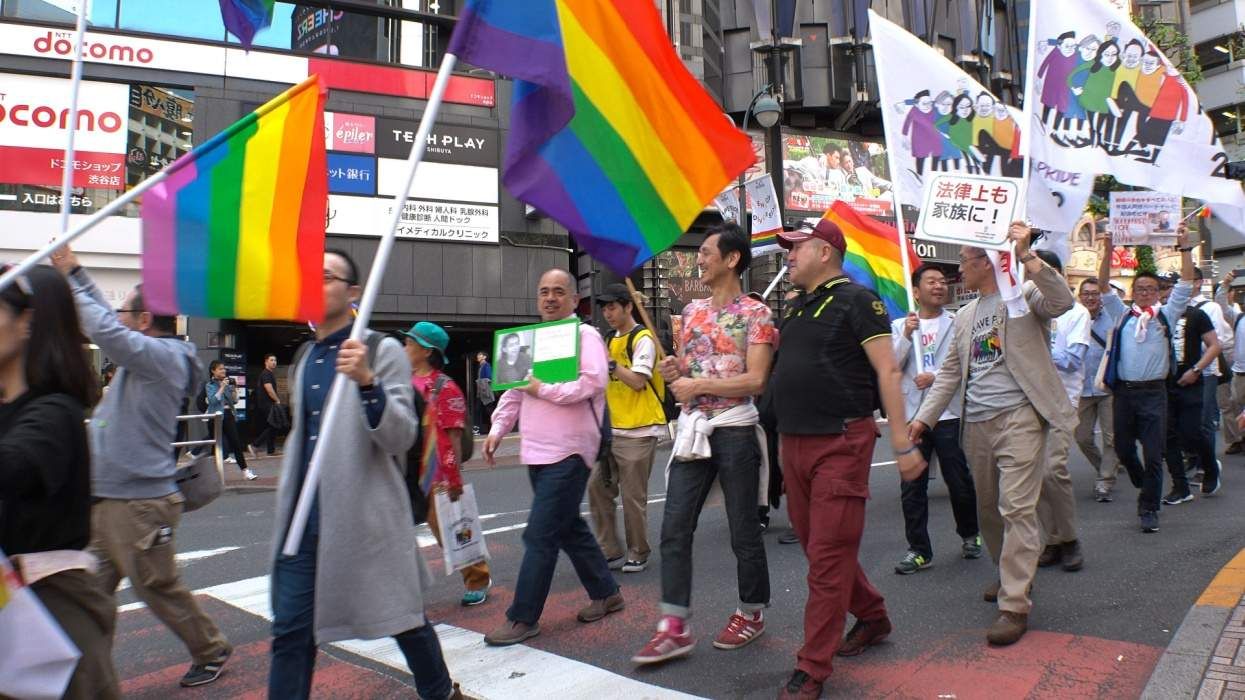
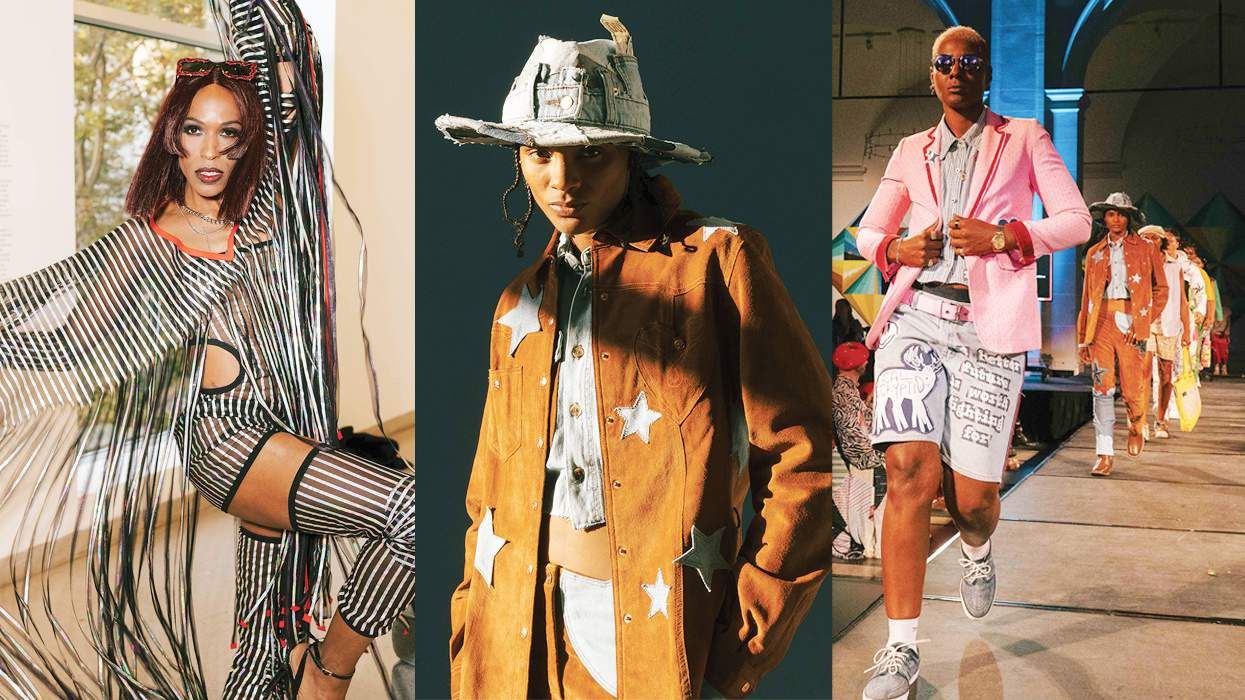
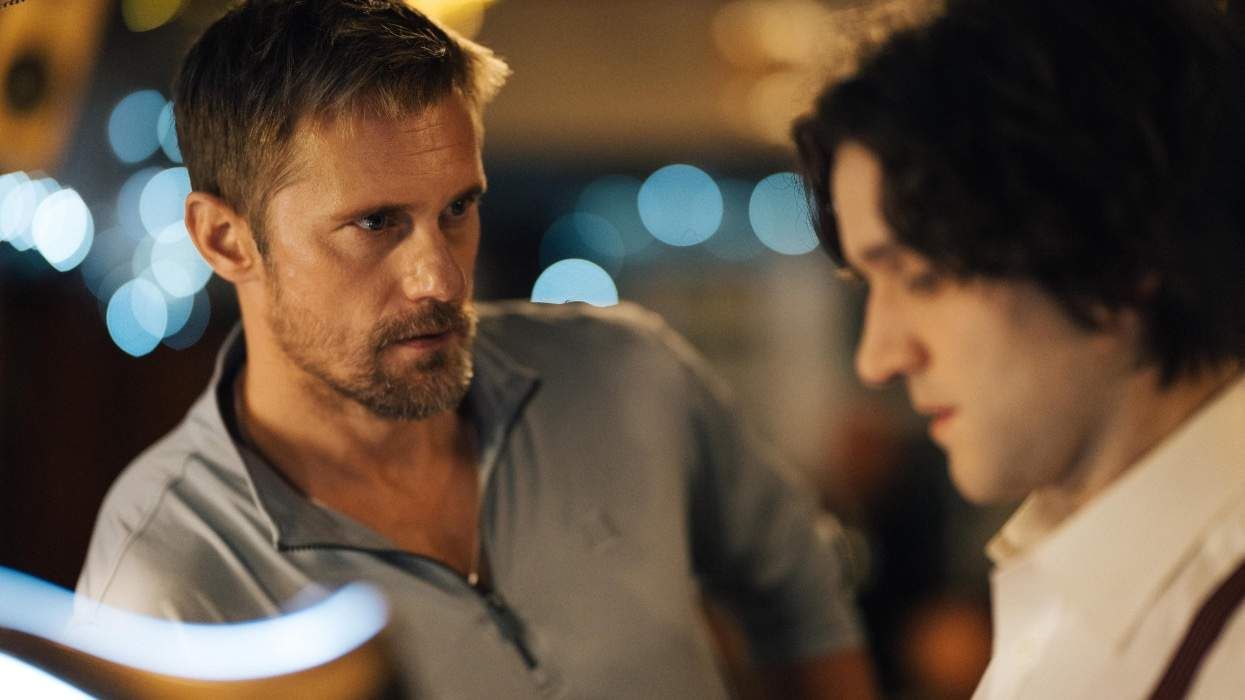
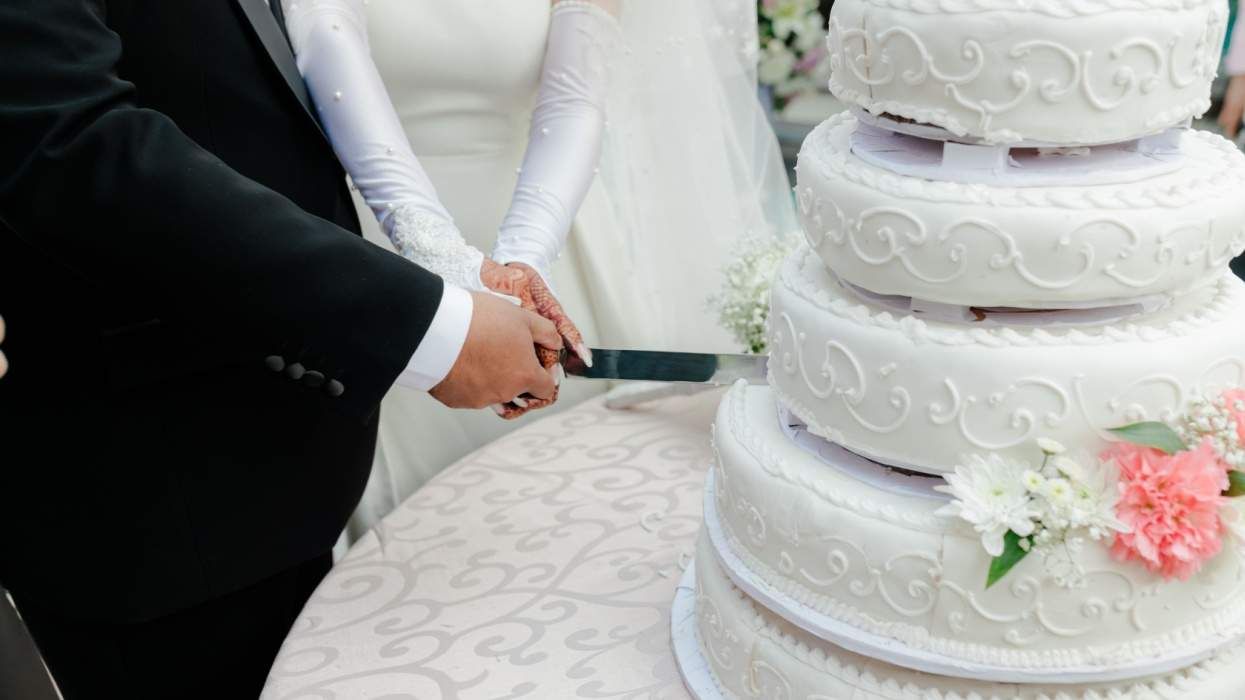
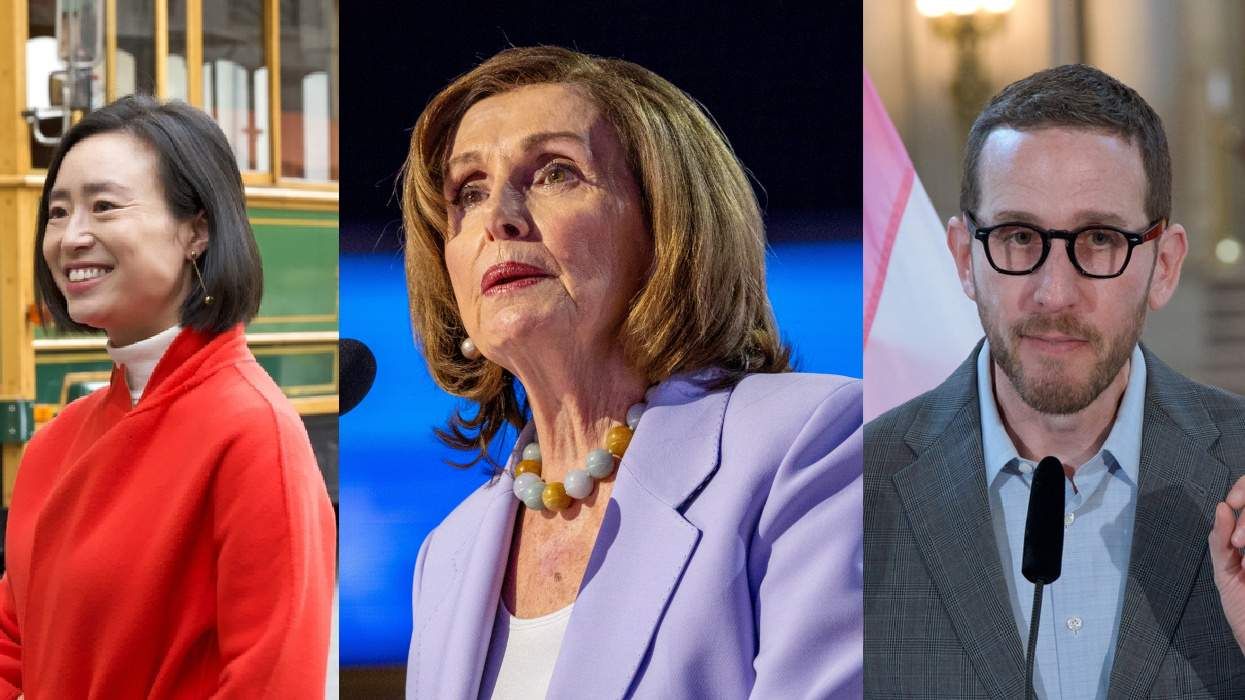
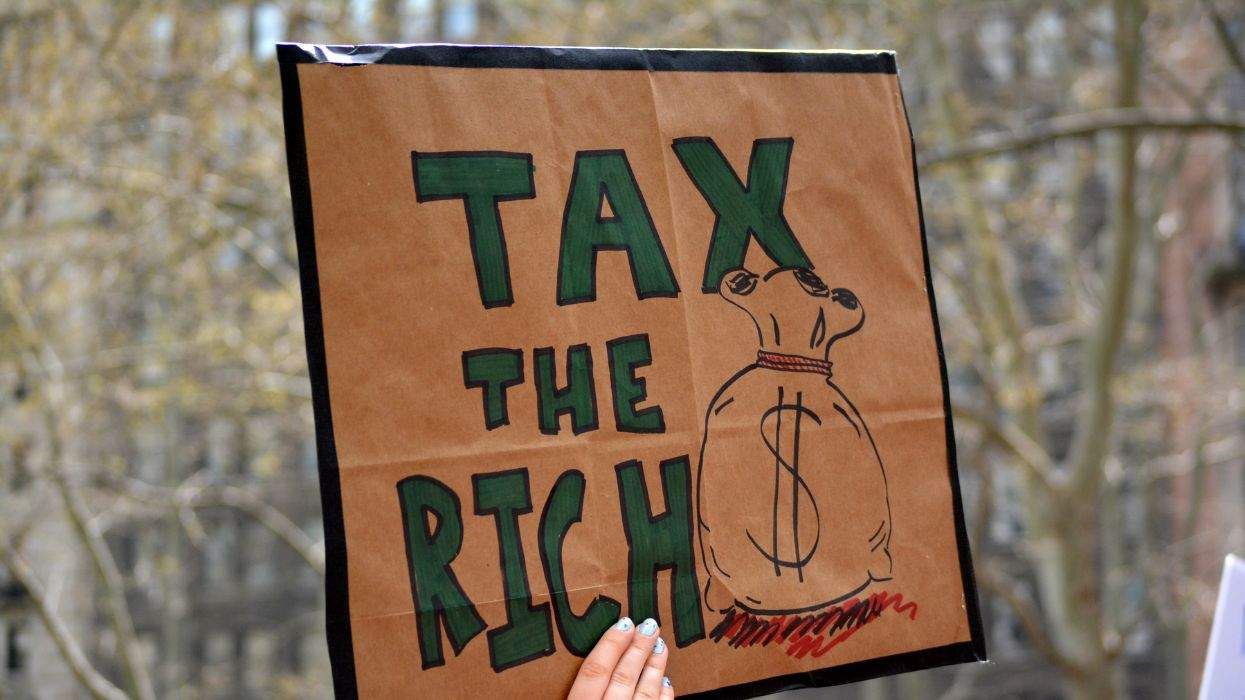
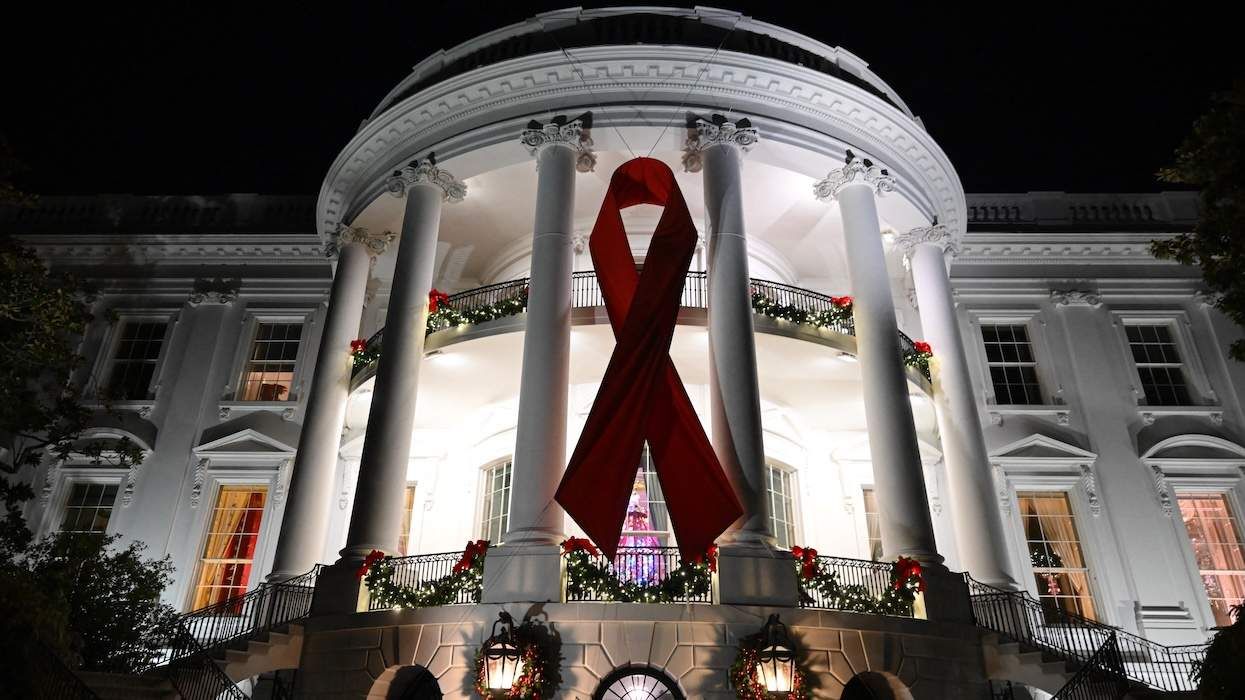
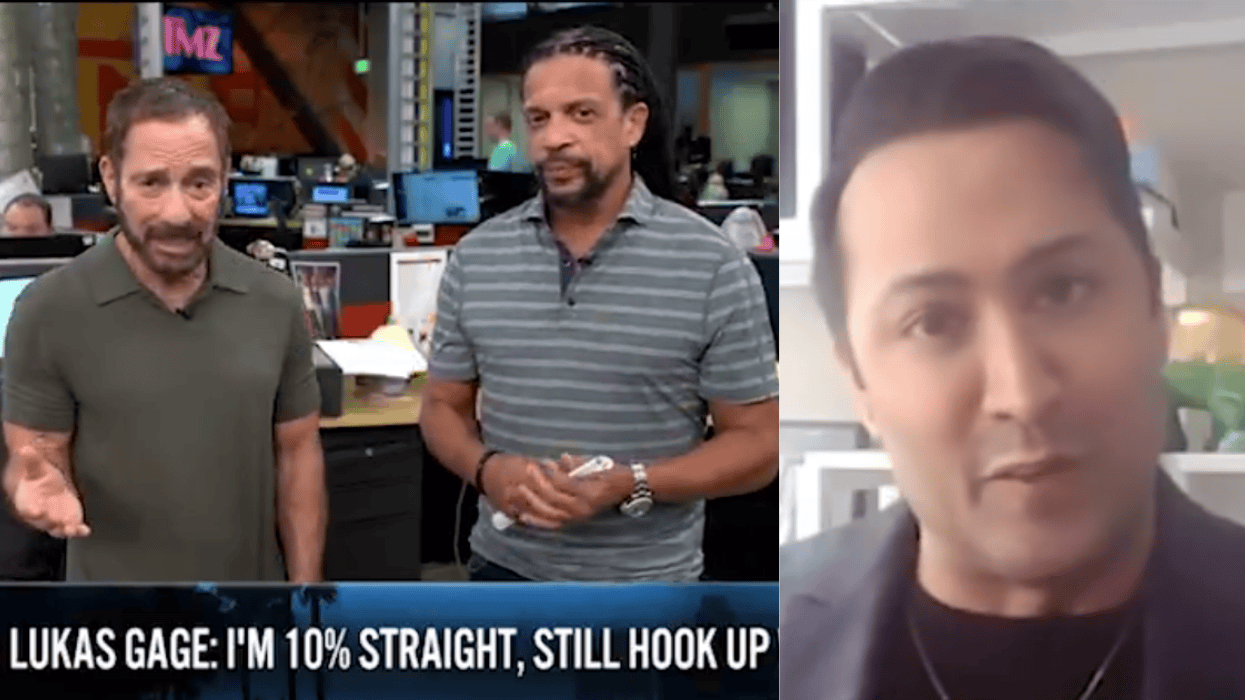
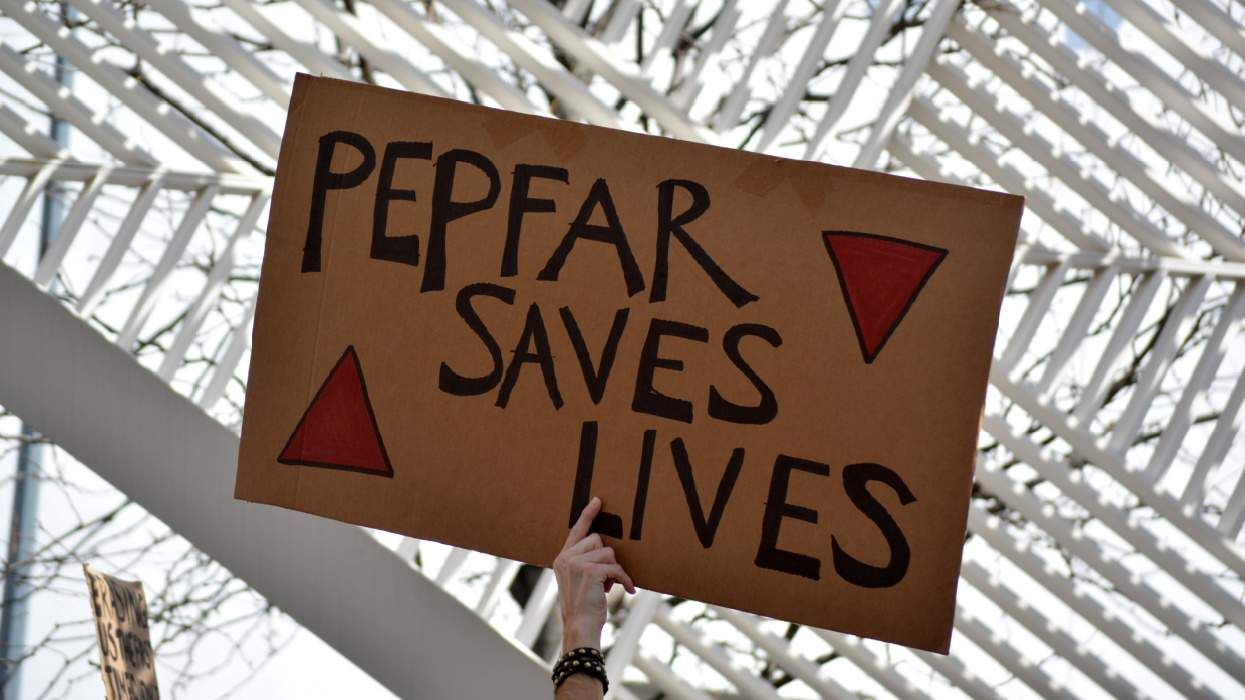
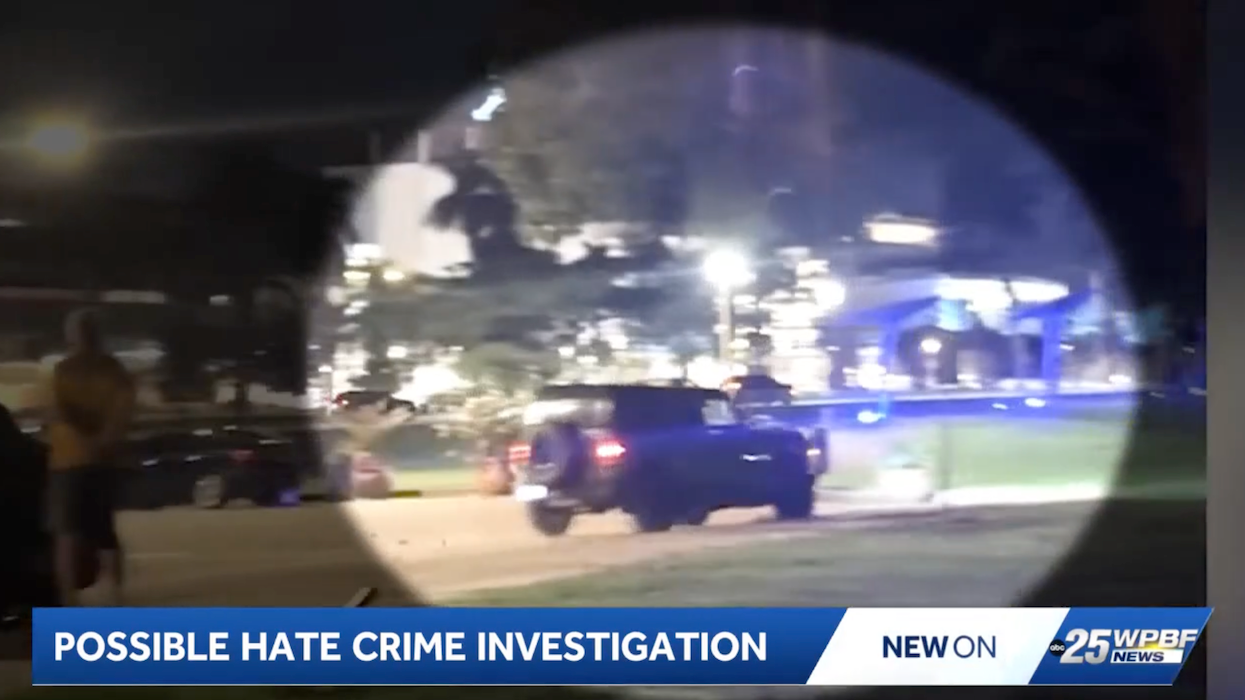
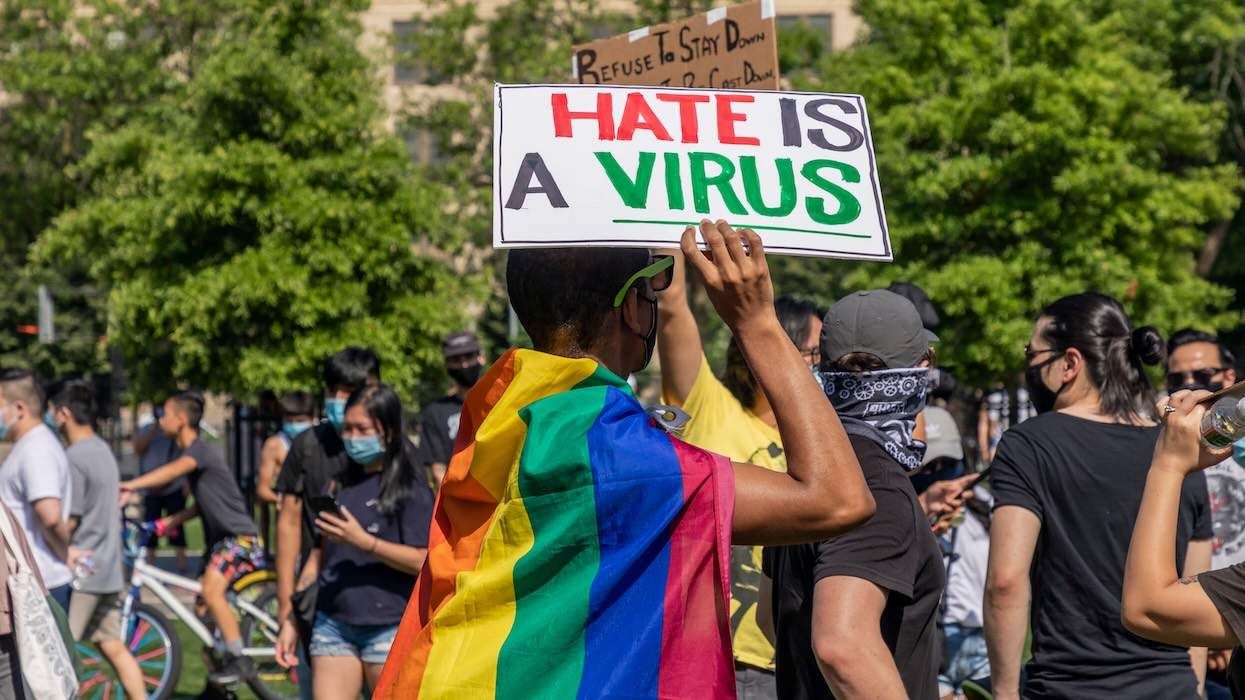
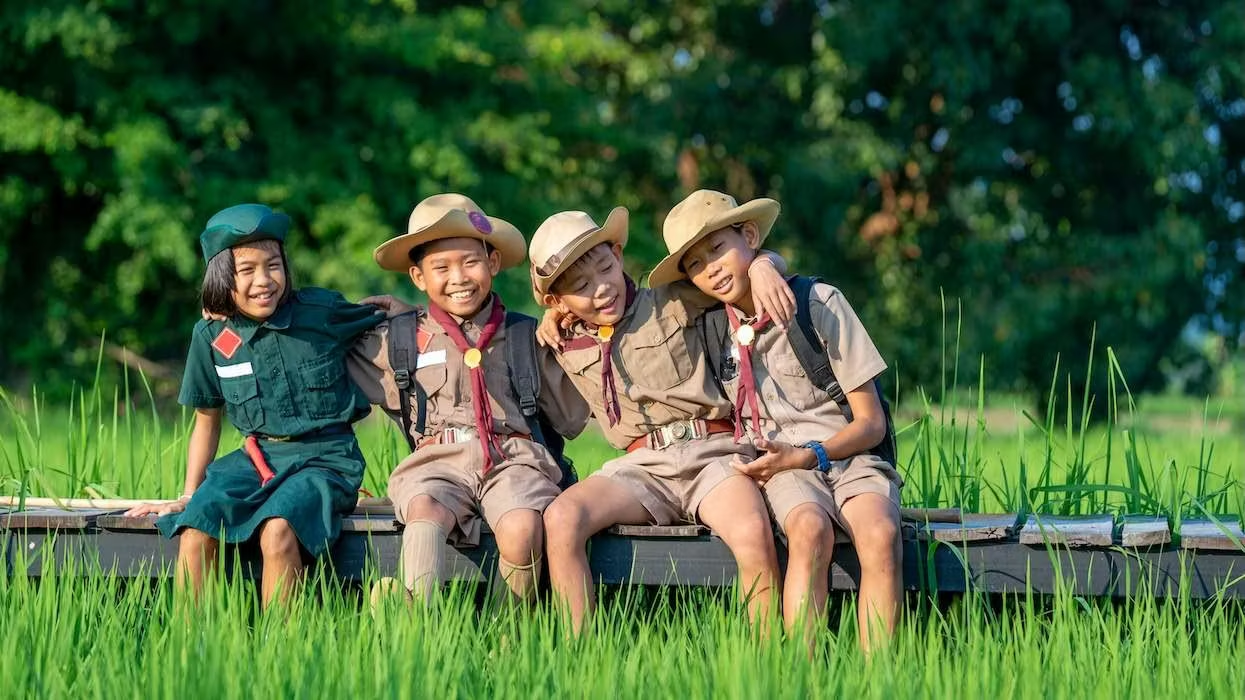


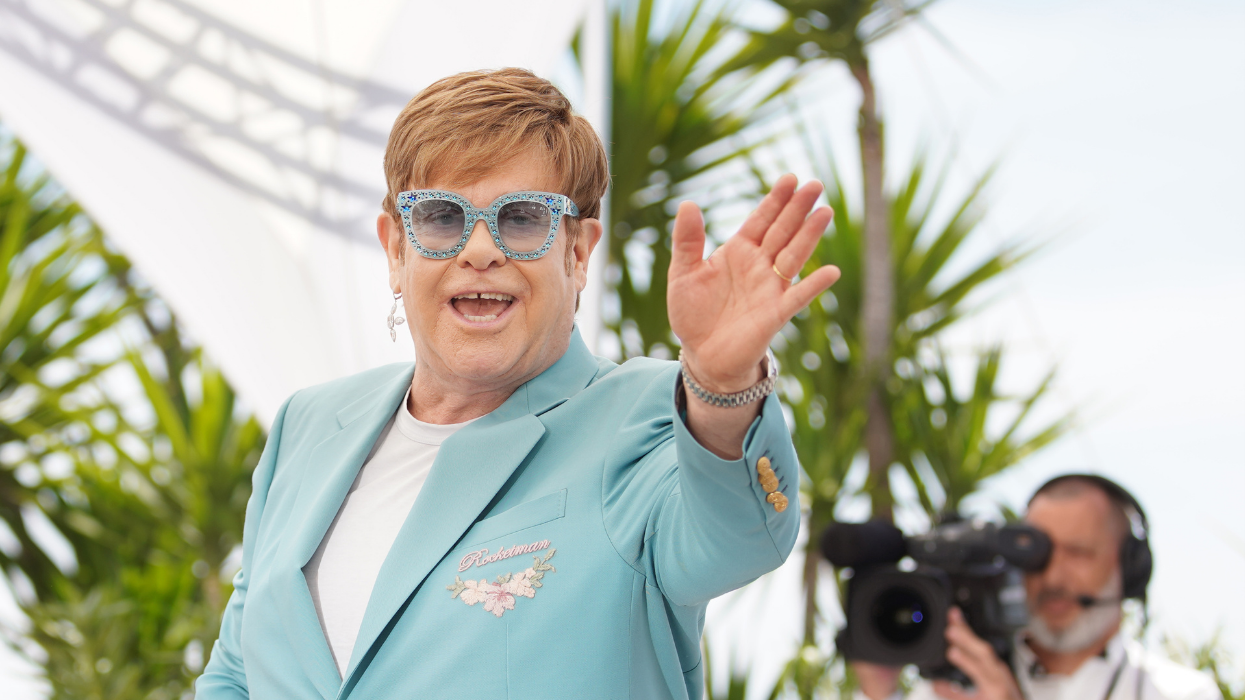
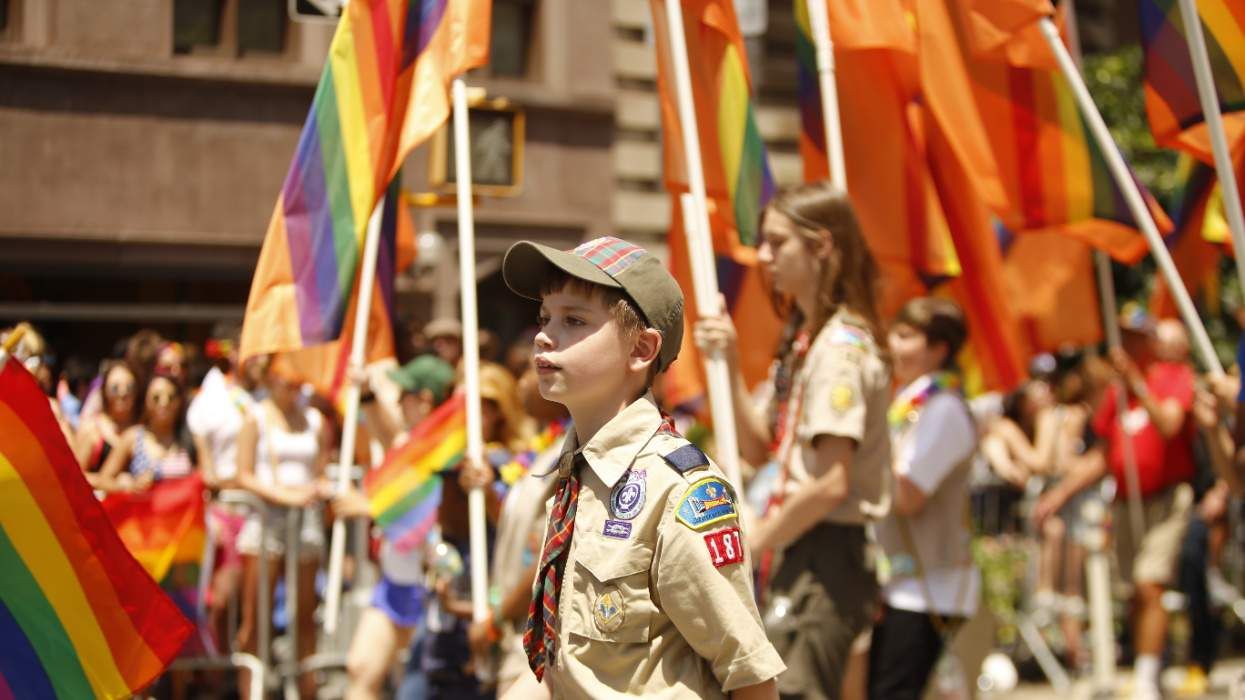
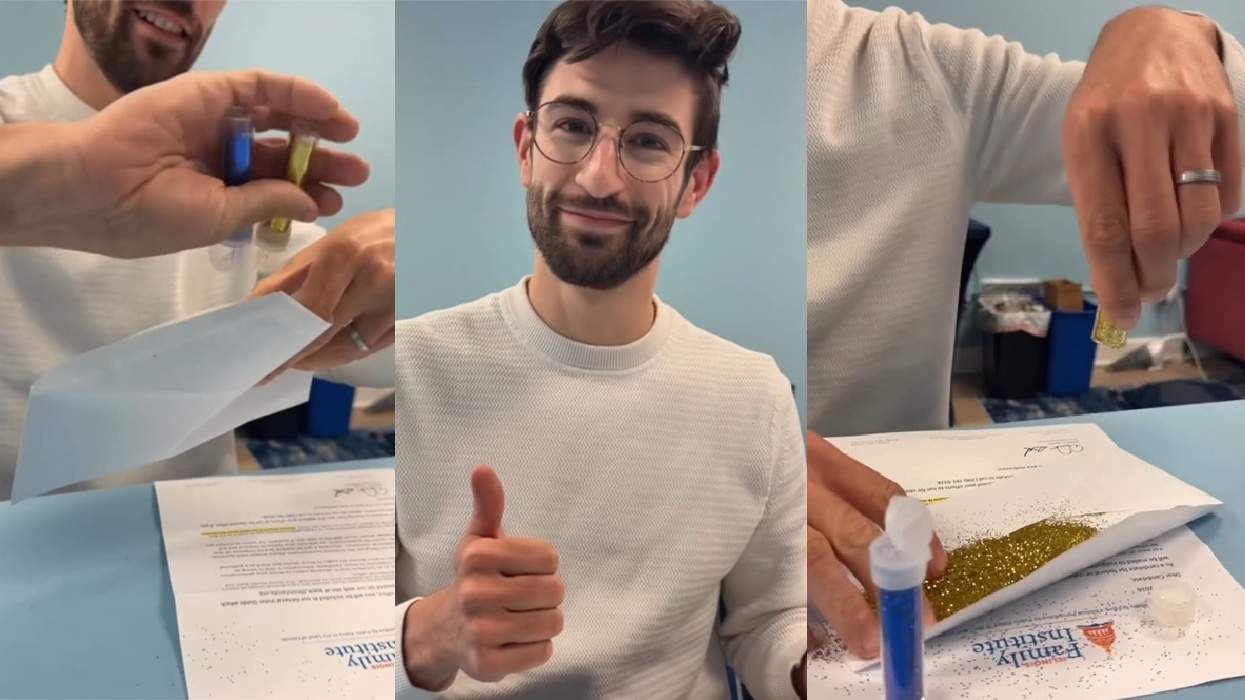
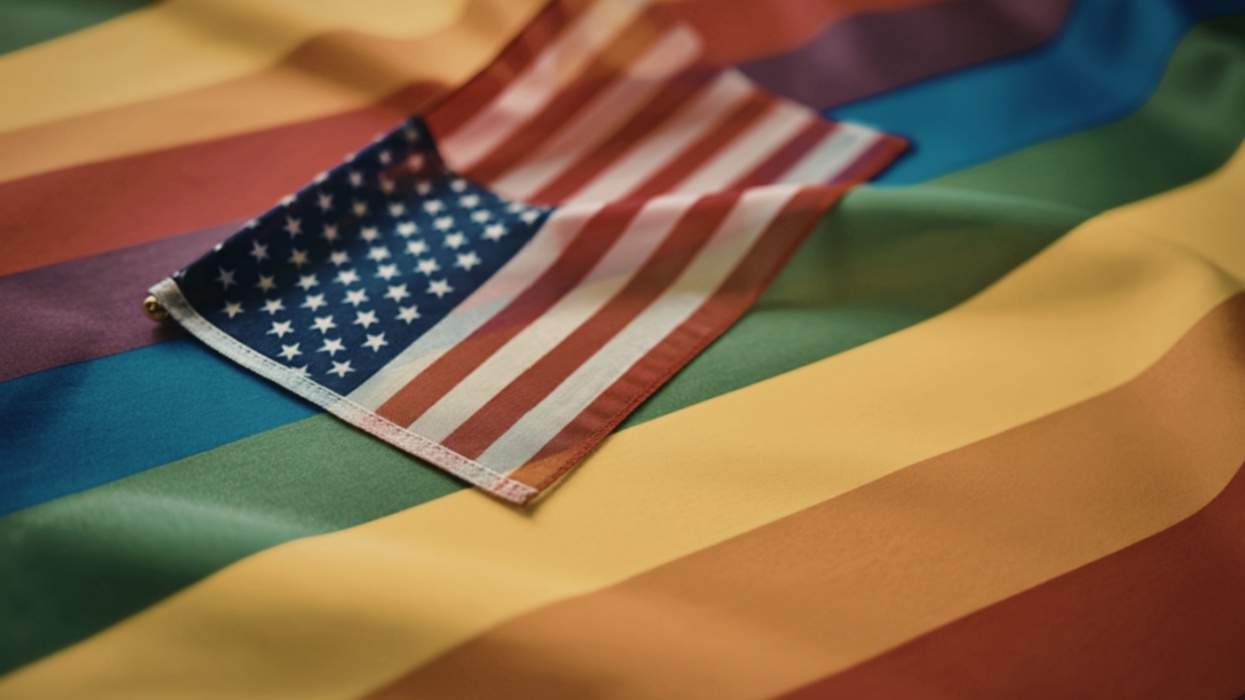
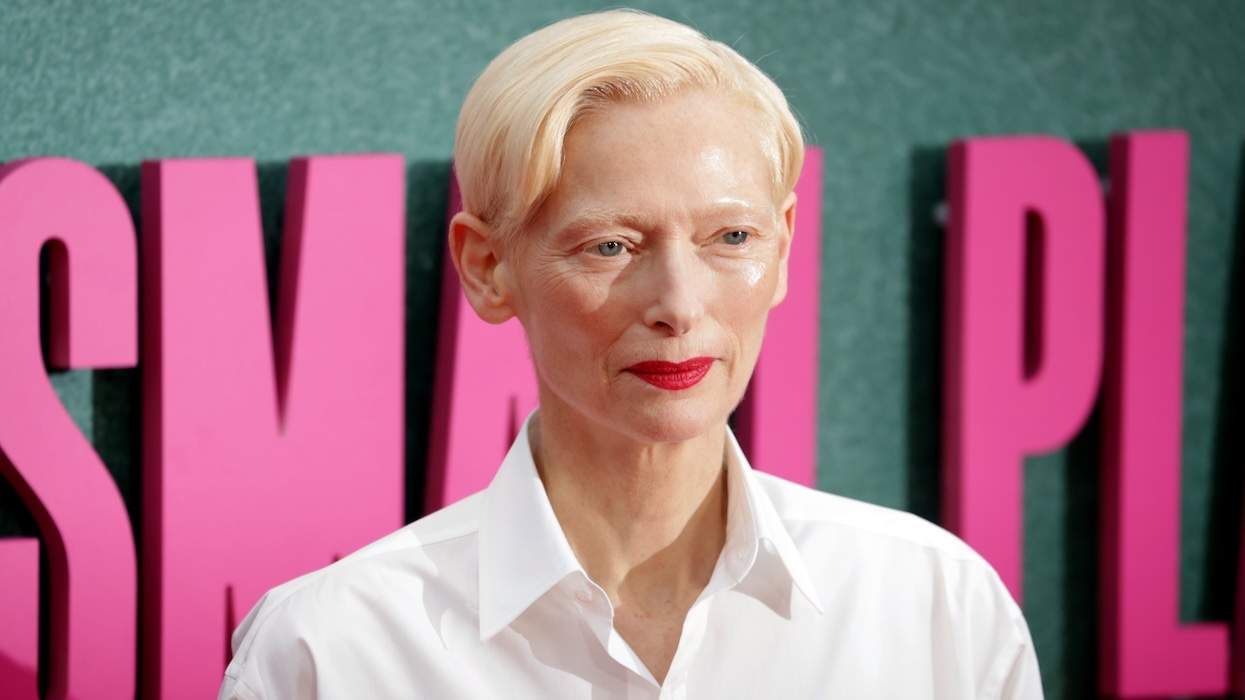
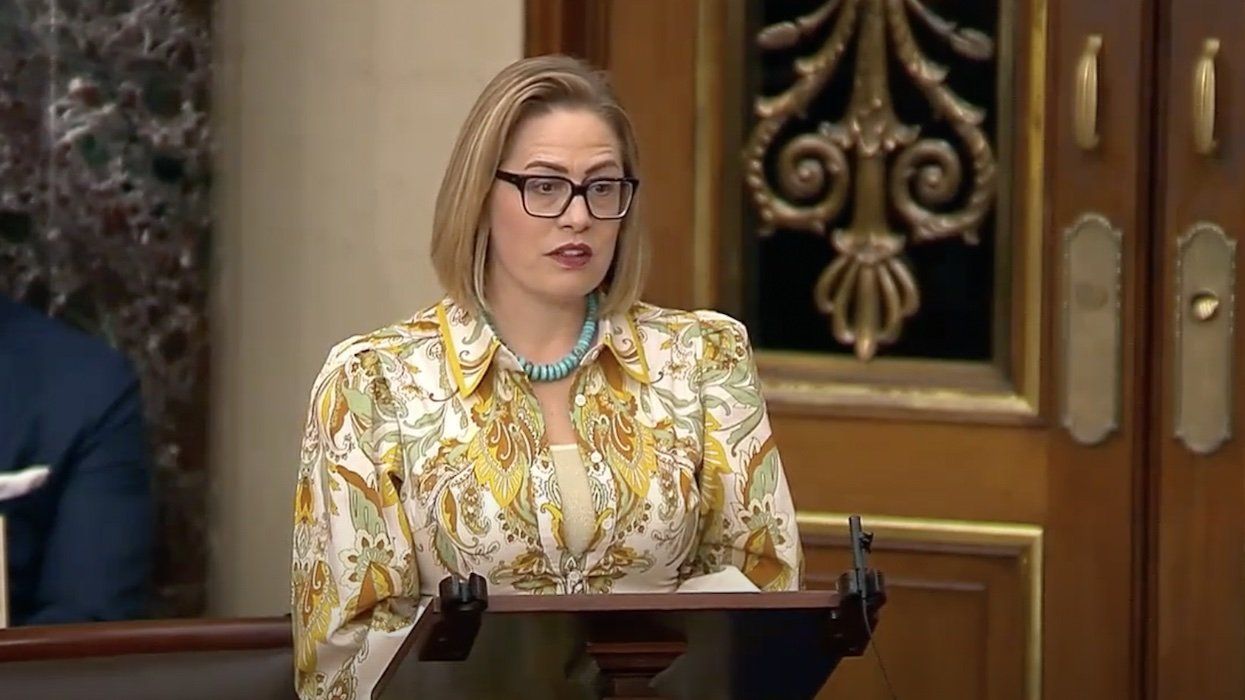




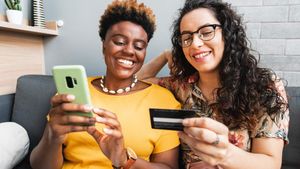

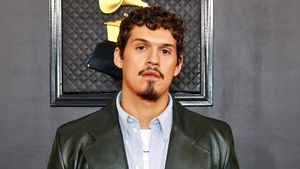


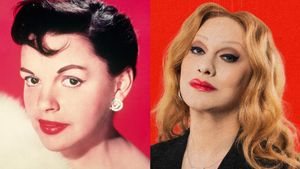

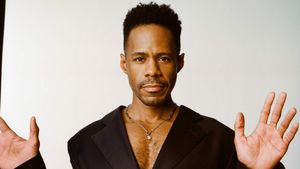


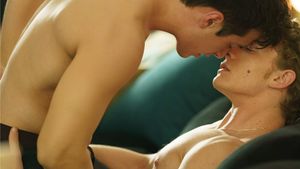
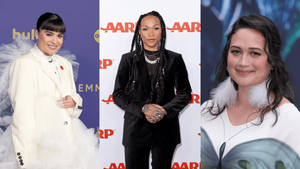
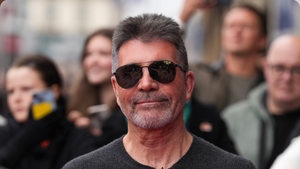

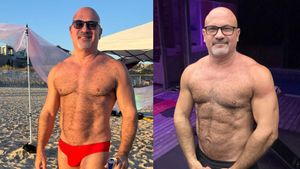





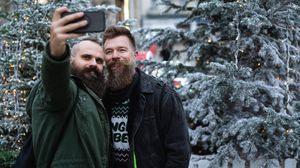
















Charlie Kirk DID say stoning gay people was the 'perfect law' — and these other heinous quotes